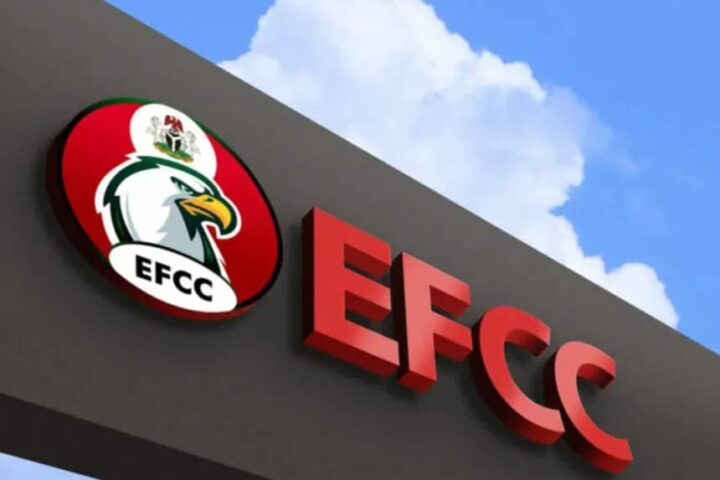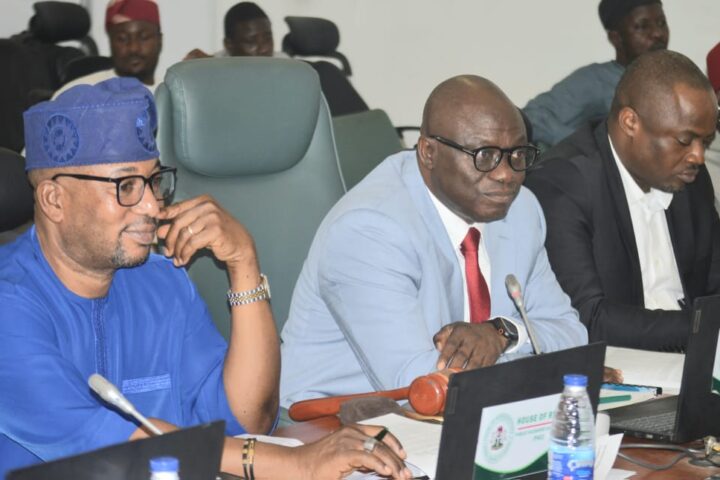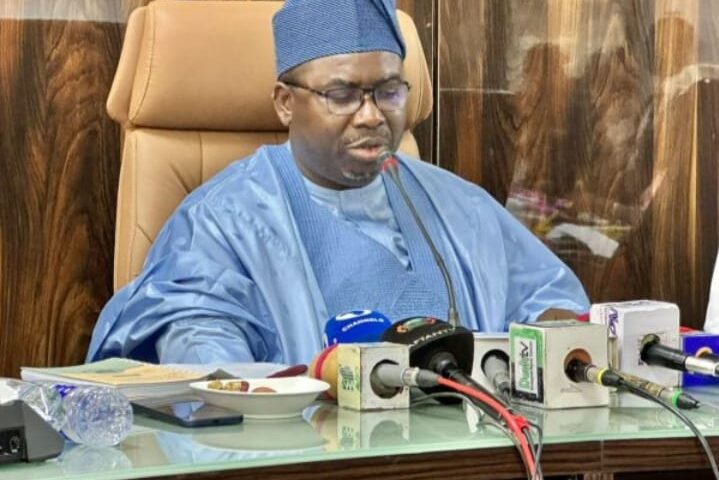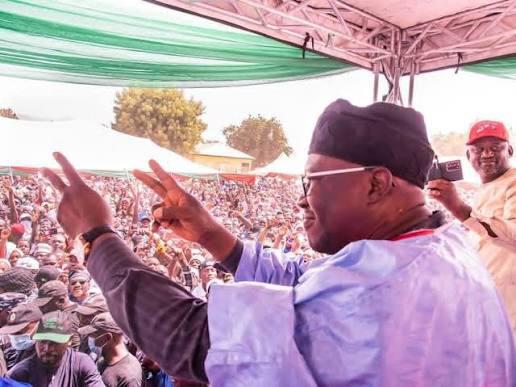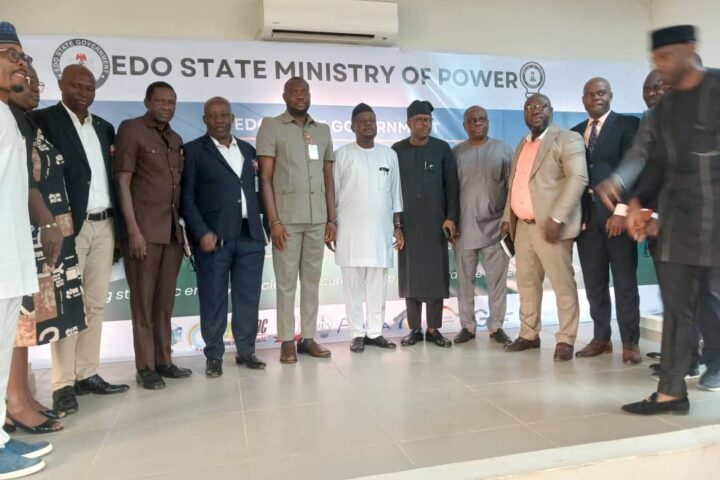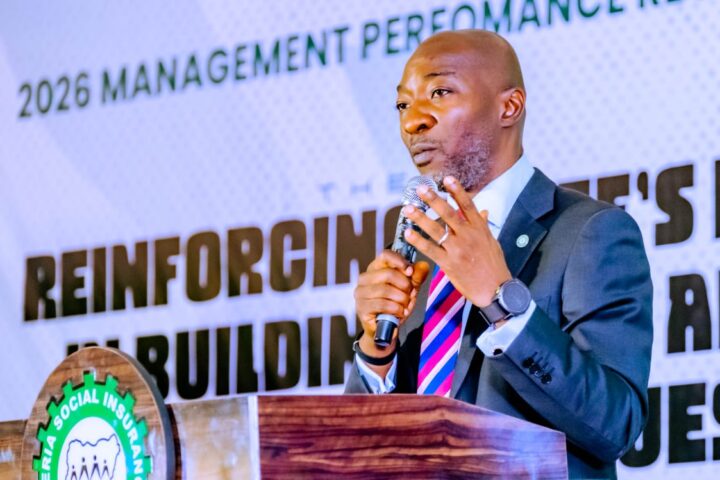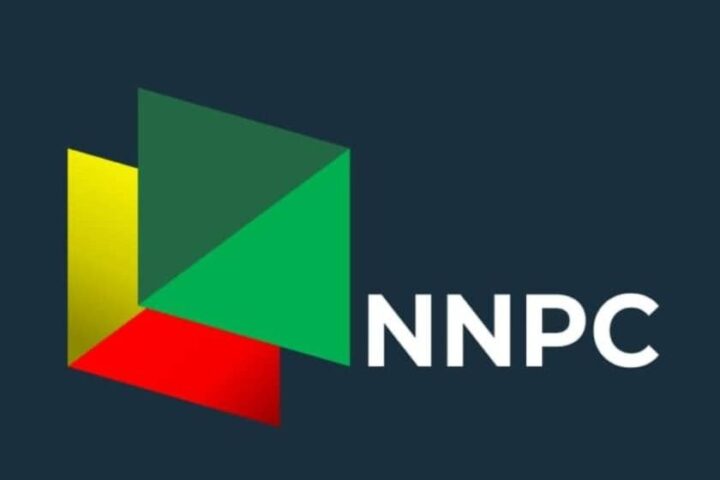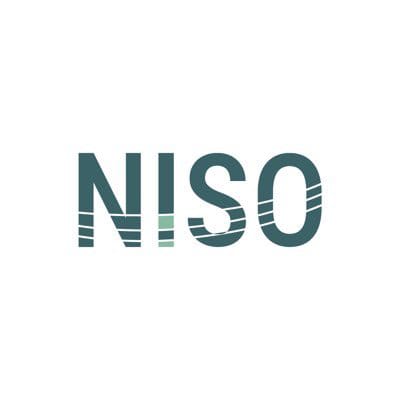
Mele Kyari, the Group Managing Director (GMD) of the Nigerian National Petroleum Corporation, has dislosed that the country will continue payment of subsidy on imported fuel.
The country,he said,spent N120billion,he said,adding the cost was too much for the country to bear.
He spoke at a ministerial briefing on Thursday at the Presidential Villa, Abuja, adding that the true market price needed to be implemented.
He hinted that the Premium Motor Spirit otherwise called petrol should be selling between N211 and N234 per litre at the filling station going by the current price of crude oil in the international market, refining cost, transportation with handling cost.
“The price could have been anywhere between N211 and N234 to the litre. The meaning of this is that consumers are not paying for the full value of the PMS that we are consuming and therefore someone is paying that cost,” he said.
“As we speak today, the difference is being carried in the books of the NNPC and I can confirm to you that the NNPC may no longer be in a position to carry that burden.”
He disclosed that the Federal Government is working deepen the auto-gas programme to serve as an alternative to petrol.
“That is why early last year if you recall, the full deregulation of the PMS market was announced and we have followed this through until we got to September when prices shifted to N145,” he said.
Kyari also said, “As we speak today, I will not say we are in a subsidy regime but we are in a situation where we are trying to exit this subsidy or underpriced sale of the PMS until we get in terms with the full value of the product in the market.
“Today, the PMS sells across our borders anywhere above N300 at any of our neighbours. And in some places, it is up to N500 and N550 to the litre.
“In some countries, the Nigerian fuel is their primary fuel. We are supplying almost everybody in the West African region; so it is very difficult to continue this because we have our own issues and that is why the eventual exit from this is completely inevitable.
“When that will happen, I do not know. But I know that engagements are going on. The government is very concerned about the natural impact of price increases on transportation and other consumer segments of our society and as soon as those engagements are taken to logical conclusion, I am sure that the market price of the PMS will be allowed to play at the right time
Muda Yussuf,the Director General of Lagos Chamber of Commerce and Industry, said the increasing burden of petroleum subsidy is an offshoot of the deregulation conundrum which is a major cause for concern.
There are a number of critical issues that need to be aligned,he said,adding that Nigeria has the huge economic cost of petroleum subsidy and the inherent huge fiscal leakages which are clearly unsustainable.
He added:”There is the social cost of the possible increase in petrol prices and the worry about possible backlash. There is the adverse investment effect on the petroleum downstream sector resulting from policy uncertainty and inconsistencies. Private investors will be reluctant to invest in petroleum refining if the subsidy regime persists.
“The reality is that the deregulation of the petroleum downstream sector is inevitable if the economy must progress and put an end to the corruption that comes with the subsidy regime. But the policy transition needs to be strategically worked out.
“There could be a social pricing window in the interim where petroleum products could be sold at a subsidized price. The NNPC stations could be so designated since they exist in all parts of the country. The government will have to provide a limited budget for this. The other players in the sector should thereafter be allowed to buy and sell according to the dictates of the market. We need to free the sector from the current suffocating regulatory framework. The economy has suffered major setbacks as a result of the over regulation of the sector”
Martin Onovo,one-time presidential aspirant import petroleum products. We would not be importing if our refineries were working.
“As long as we import, we have to pay the landing costs which are wasteful and high. If we do not pay the full costs, then Federal must subsidize. The simple solution is to refine domestically. This simple solution may be impossible for an incompetent and corrupt regime.
“Therefore, we cannot continue to tolerate this incompetent and corrupt regime. We must get a government with integrity and competence to fix our refineries and stop the importation of petroleum products



